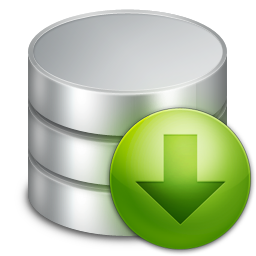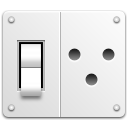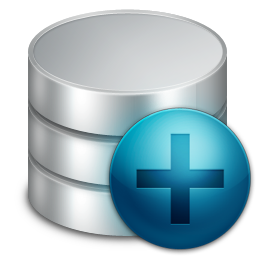APART FROM IT SECURITY, HAVING A BACKUP SCHEDULE IN PLACE AND ENSURING YOUR DATA IS BACKED UP REGULARLY IS CRITICAL.
SURGE SUPPRESSION, TIDY CABLING, UPSs BACKUP POWER SUPPLIES, AND GENERATORS.
DATA STORAGE, DIRECTORY FILE STRUCTURES, PERMISSIONS ON DATA AND SHARES, AND MUCH MORE.



Daily: Scan your disk quickly. Use ScanDisk or Norton's Disk Doctor to check for problems, cross-linked files, etc. If you like, you can put a program shortcut in your Start-up folder so you automatically scan every time you start up Windows. At the end of every day, back up the files you've modified. Elsewhere on this site are instructions how to organize your data into neat folders and sub-folders for easy backup.
Weekly/BiWeekly: (Only the most powered-up power users need to do these on a weekly basis; the rest of us can get along doing it once every 2 weeks or so). Back up your whole hard drive. See elsewhere on this site for backup info. Defrag your drive - info on using Windows' Disk Defragmemter utility is available on this same page, or you might use Norton's Speed Disk or another defrag utility. Scan your drive thoroughly, using the scanner's slowest and most thorough settings.
Monthly: Good god, what else should I do? You should delete all files older than one week from your C:WINDOWSTEMP folder. You should also test your backup files by trying to restore a few files from various folders, preferably files that are expendable. If you can't restore them, your tape drive (or Zip drive, or CD drive) is faulty. After you've done this, update your virus definitions through your virus scanner's Website, or use your virus scanner's built-in Update tool. Win 98/ME users, you can use the Disk Cleanup option (found under System Tools and also under My Computer -- right-click the drive you want, select Properties, and there it is) to get rid of various temp files, empty the Recycle Bin, and so on.
Once: Make emergency boot floppies (see here), and make sure your CD drivers are on there. If your virus scanner lets you make emergency boot floppies, do so as well. Write-protect all your boot floppies and store them somewhere safe from rain, sleet, family pets, and destructive children. Buy a surge suppressor, and not the £10 El Cheapo model from JunkMart. Look for one with a UL 1449 rating of 330 volts and 240 joules at the minimum, and make sure it has enough outlets for your use. You might want to snag a surge suppressor with phone jacks to go between your wall outlet and your modem. Get a tape drive, or some kind of high-capacity storage medium such as a Zip drive or CD-RW, and use it to back up your hard drive. Buy a good set of utilities such as Norton Utilities, OnTrack SystemSuite, or McAfee's Nuts&Bolts, and a good virus scanner if it isn't included in your utilities package. Organize your data files (detailed elsewhere in this site) for easy access and backup.
Continuously: Keep an up-to-date anti-virus program installed and running. Keep a firewall up and running. Keep your operating system updated.
Business users, your PCs will likely have a good corporate anti-virus utility installed, but many outfits depend on their employees to update their individual programs.
Home users often have utilities installed on their machines when they take them out of the box, but the drawback to these is that they're usually time-limited and won't update for free after their terms expire. Either purchase the software and update it regularly, or download a free anti-virus program such as AVG or AntiVir and keep it updated. XP users have a no-frills firewall utility on their machines, but a freebie such as ZoneAlarm or Agnitum is better; other Windows users need to install a firewall utility if they don't already have one. (Most corporations and businesses have some kind of firewalls up...most, but not all.) Updating your operating system is usually as simple as choosing Windows Update from your Start menu. Find out more about share- and freeware security software at my Anti-Virus, Security Programs, and Password Managers page.
Home | About | Services | Site Map | Disclaimer |Terms & Conditions| Privacy | FAQ | News | Contact Us